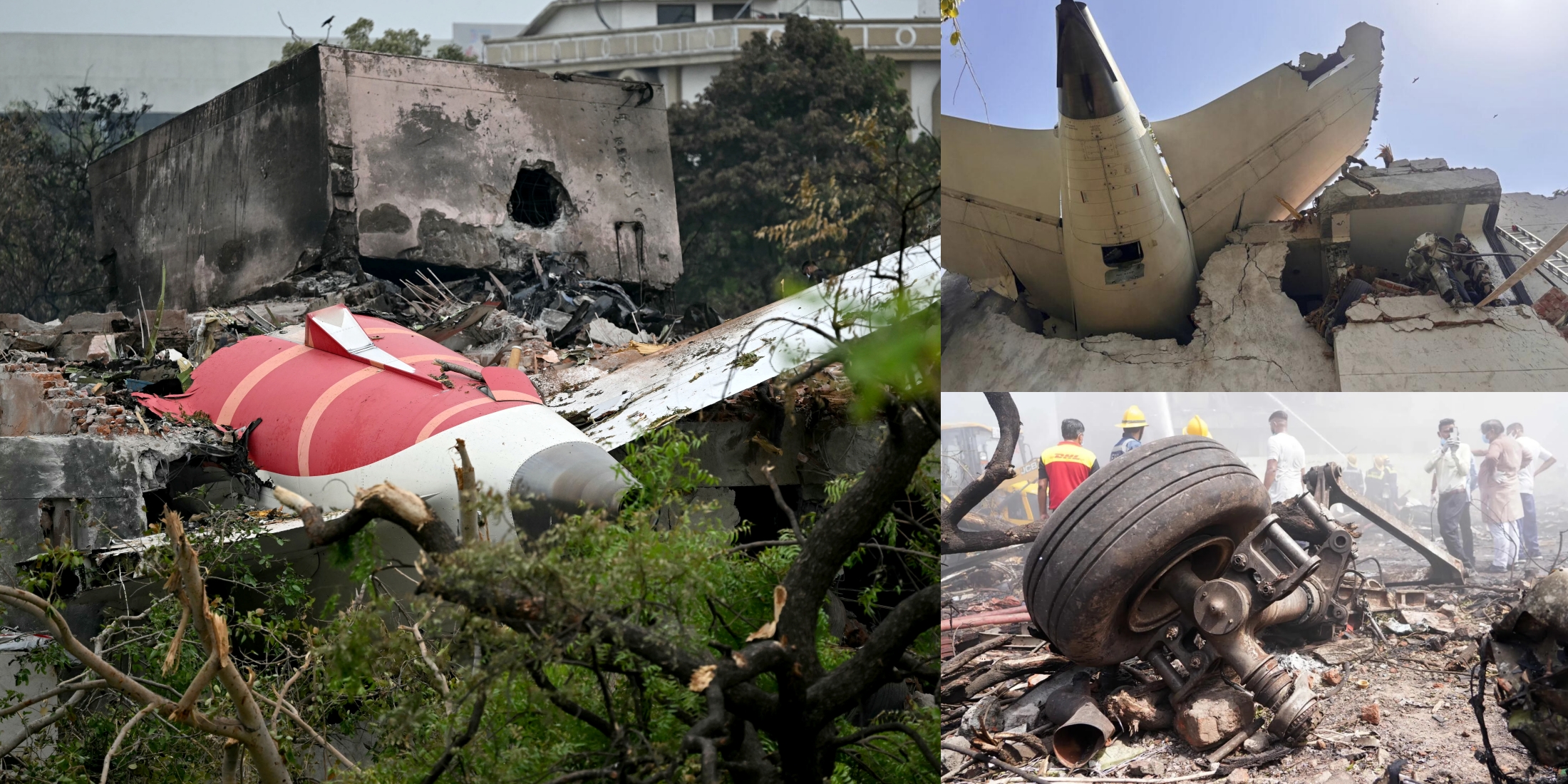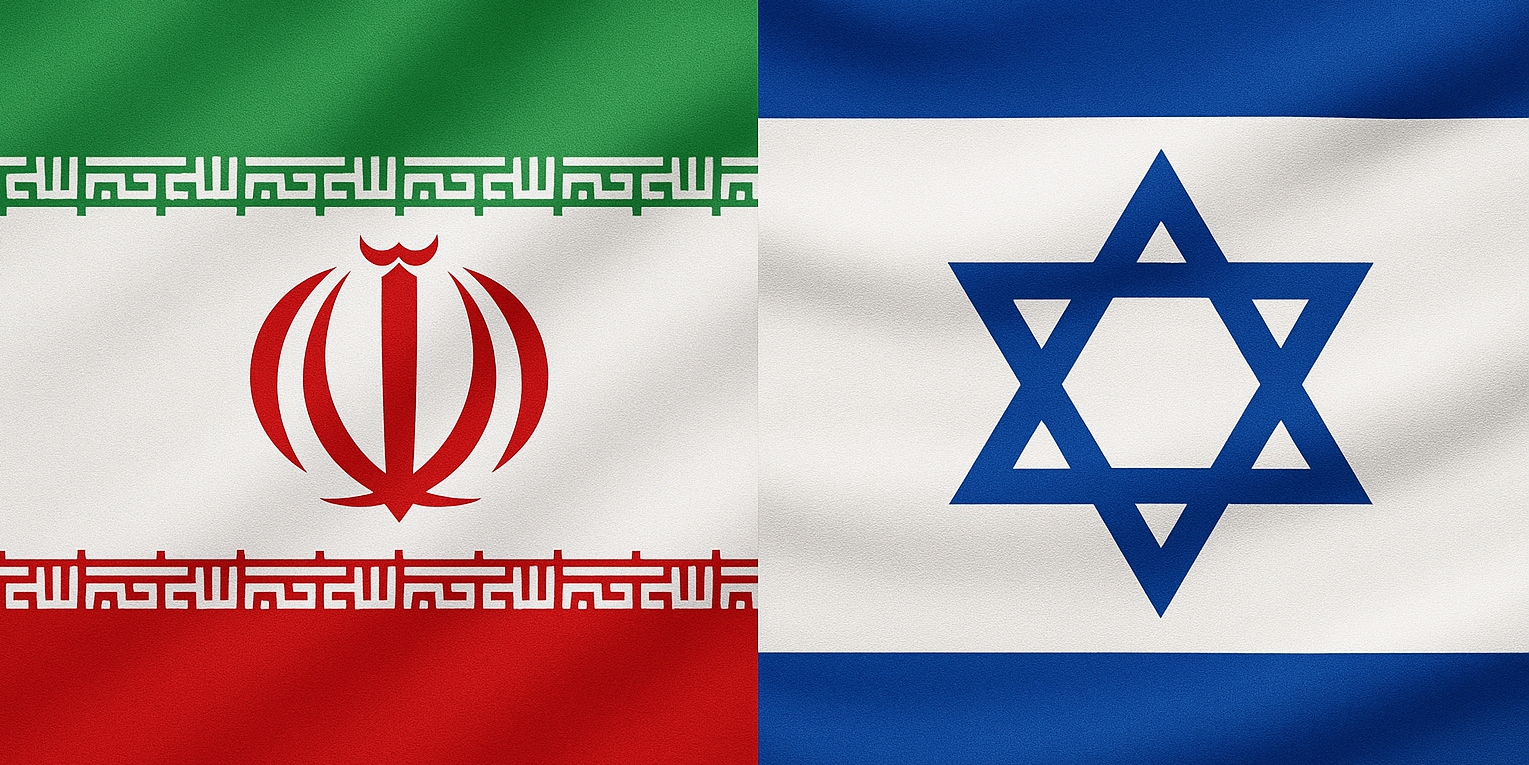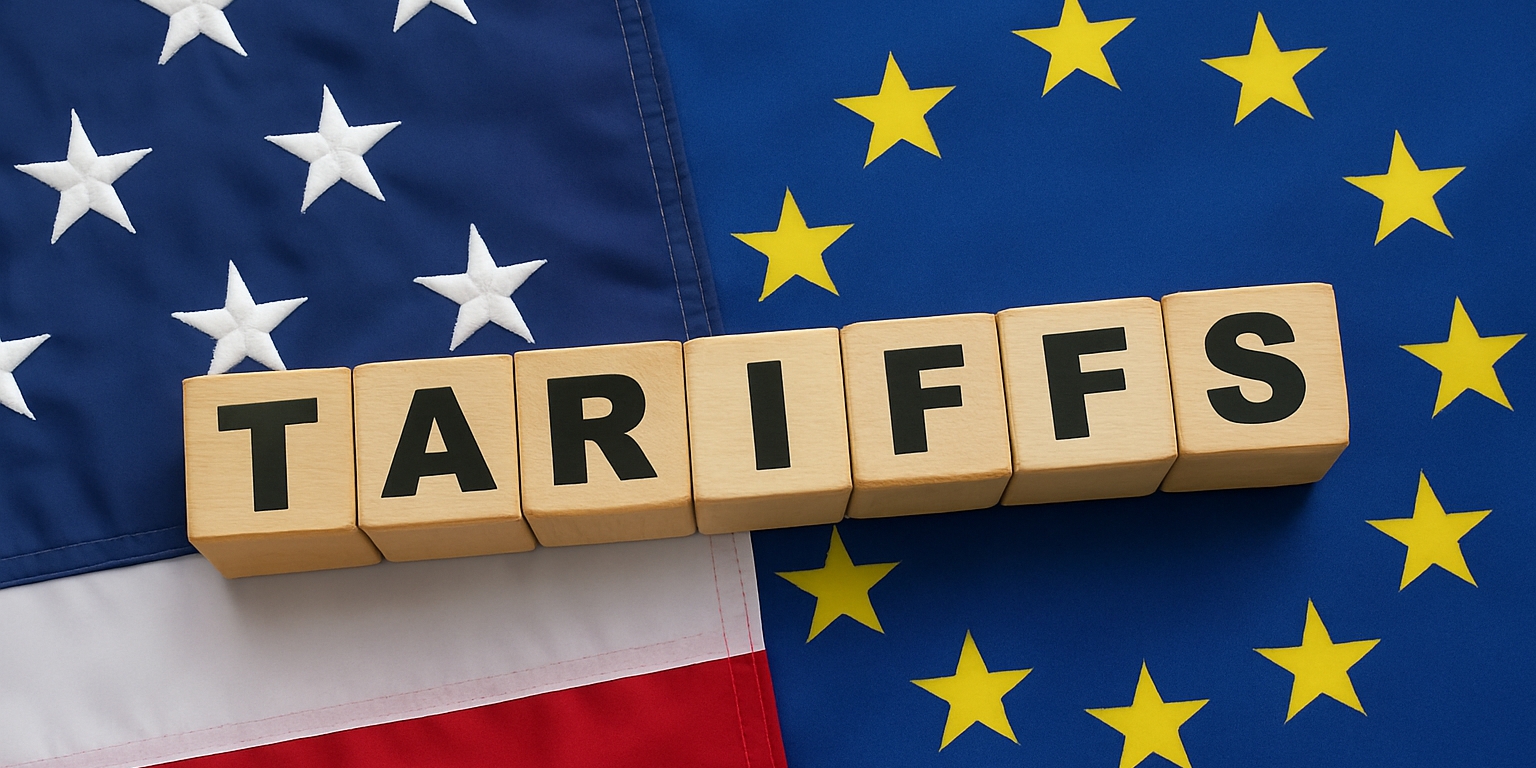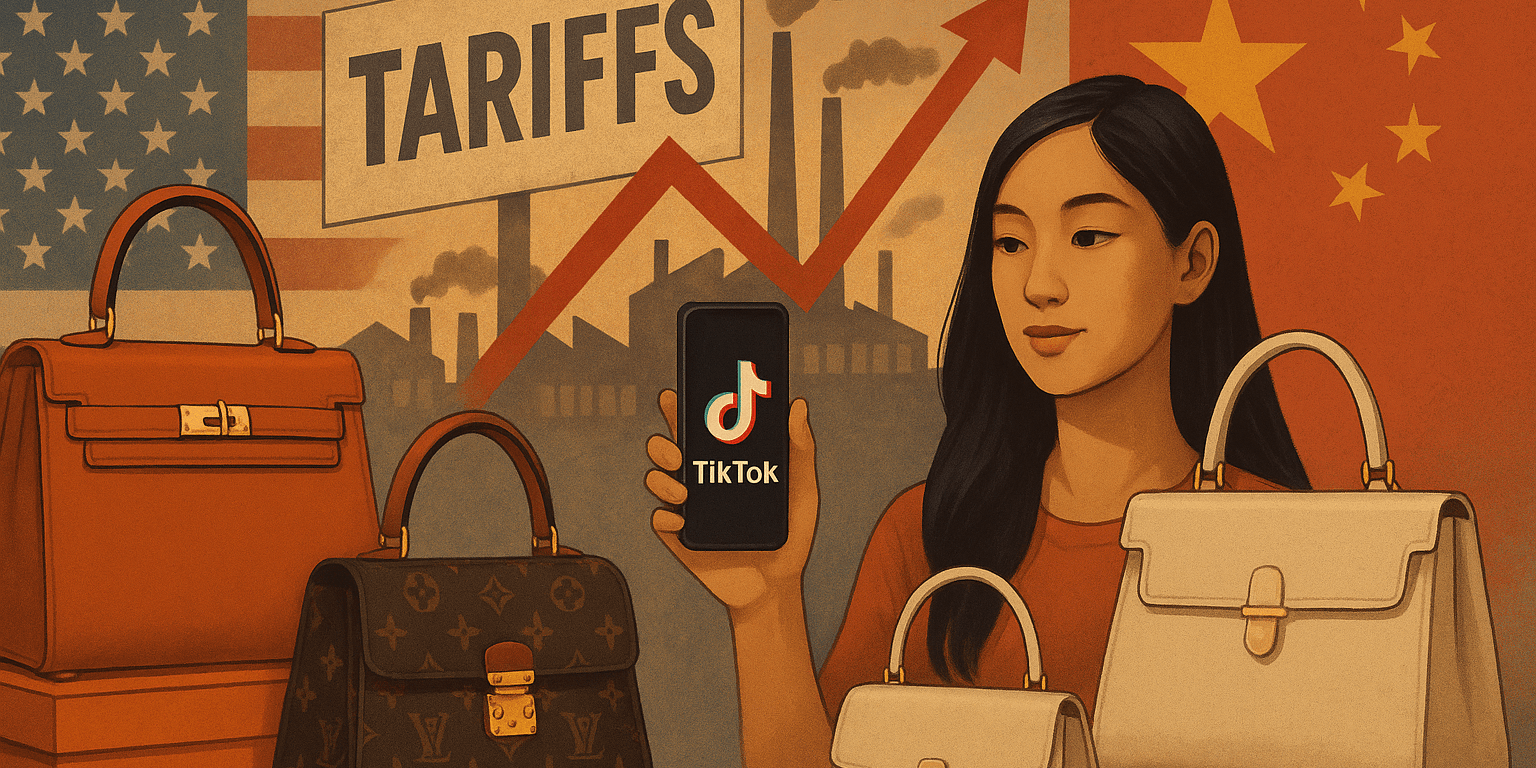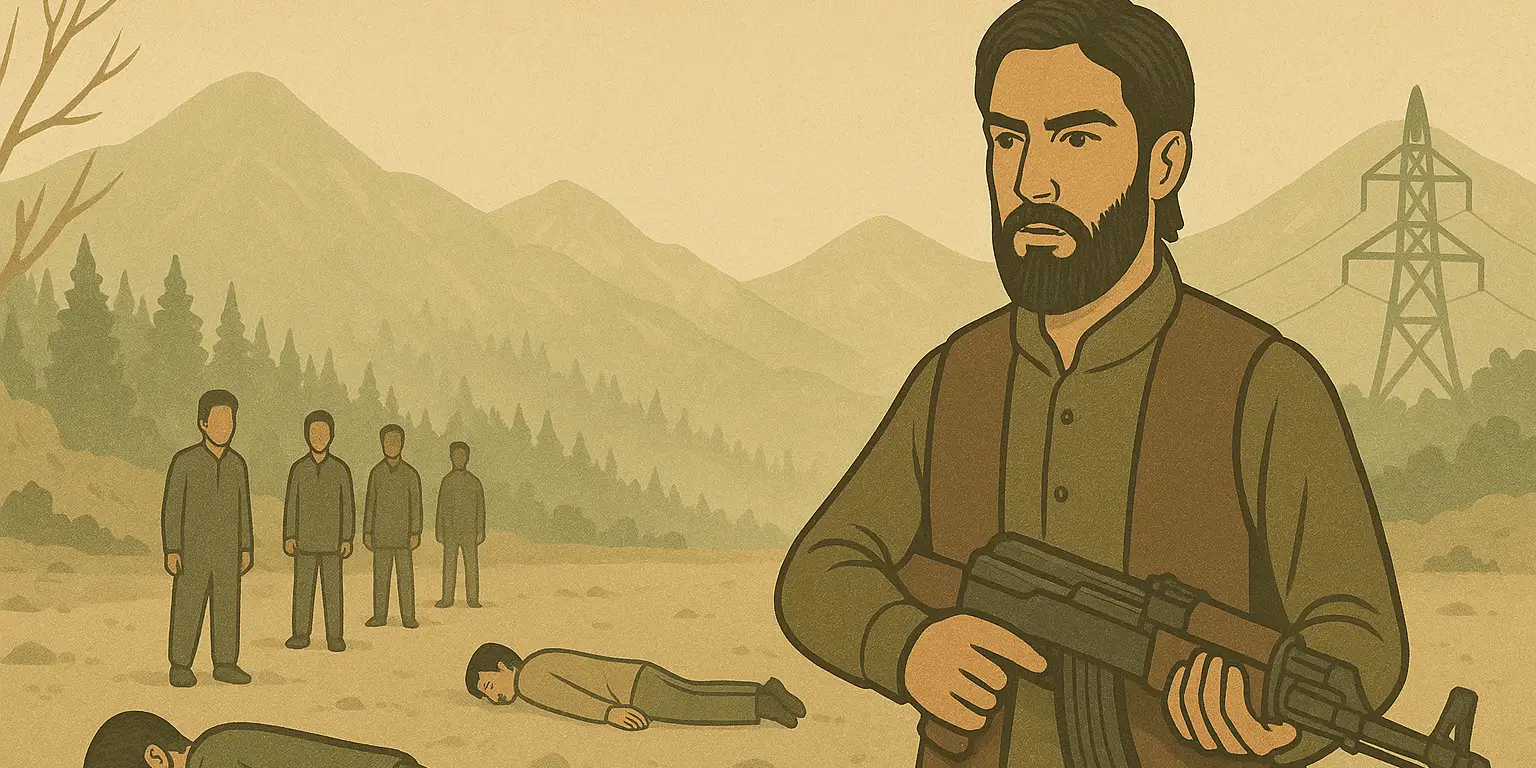Reporters Without Borders (RSF), in its World Press Freedom Index 2024, ranked countries’ press freedom based on five indicators: political, economic, legislative, sociocultural, and security.
Here, we talk about the top 10 countries that promote press freedom. We hope that as we share the deeds of these ten countries, the world will be inspired to exercise press freedom.
Top 10 Countries for Press Freedom
Below, we’ll go over the top 10 countries that rank at the top of RSF’s press freedom index. You’ll also find their scores for different indicators and how these nations preserve people’s right to information.
1. Norway
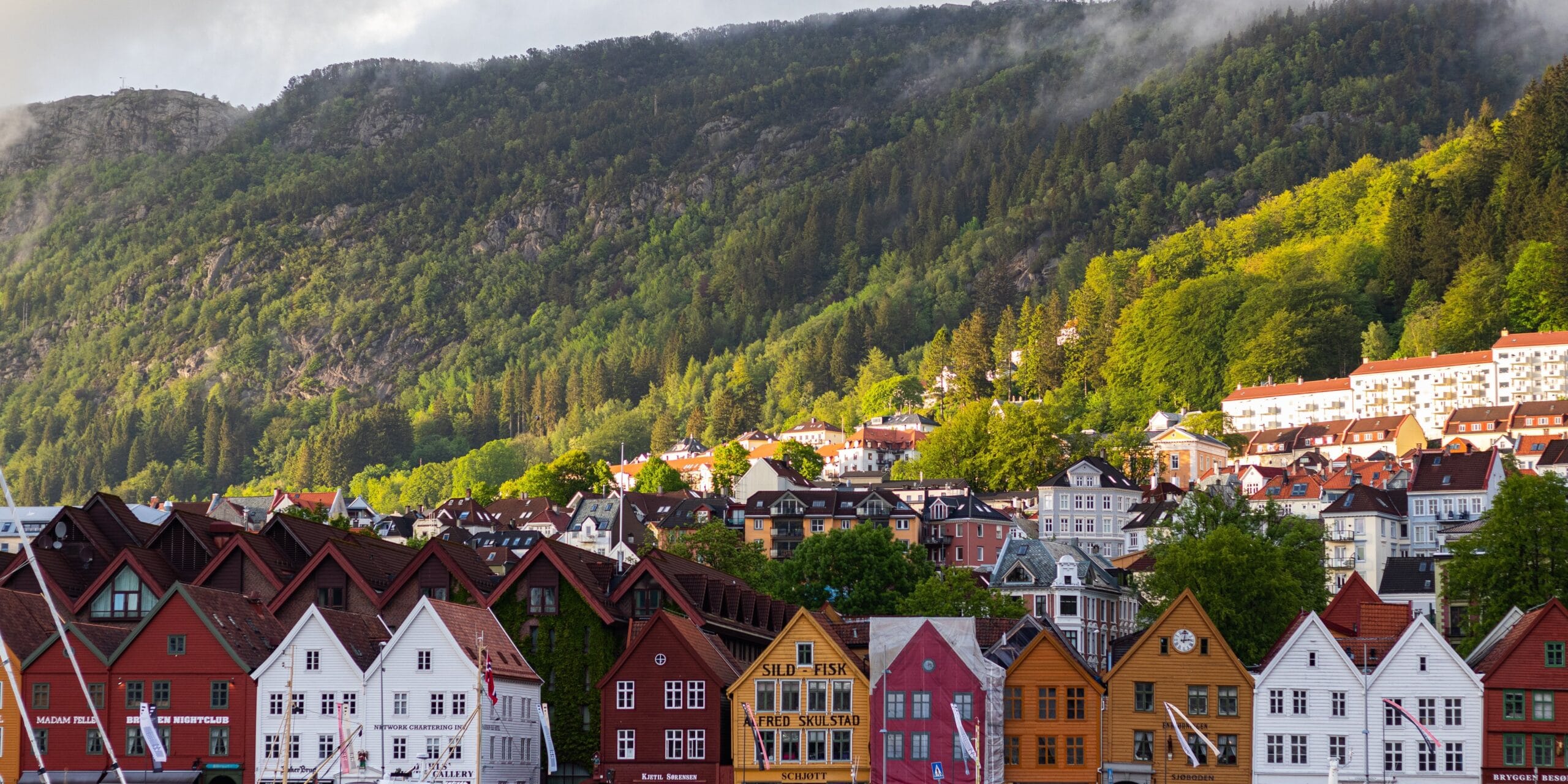
| Press Freedom Indicators | Score |
| Global | 91.89 |
| Political | 94.87 |
| Economic | 89.84 |
| Legislative | 89.5 |
| Sociocultural | 90.48 |
| Security | 94.74 |
Norway is the number 1 country for press freedom in 2024, as announced by RSF. According to the organization, Norwegian legislation strongly protects the freedom of press. The Norwegian media market has a strong public service broadcaster along with private publications that freely exercise editorial independence.
In the Norwegian constitution, some legal systems ensure that media freedom and stability are encouraged. This is evident from their high security score. Plus, the freedom to report on political matters is limited in many nations, but none of them is Norway.
2. Denmark
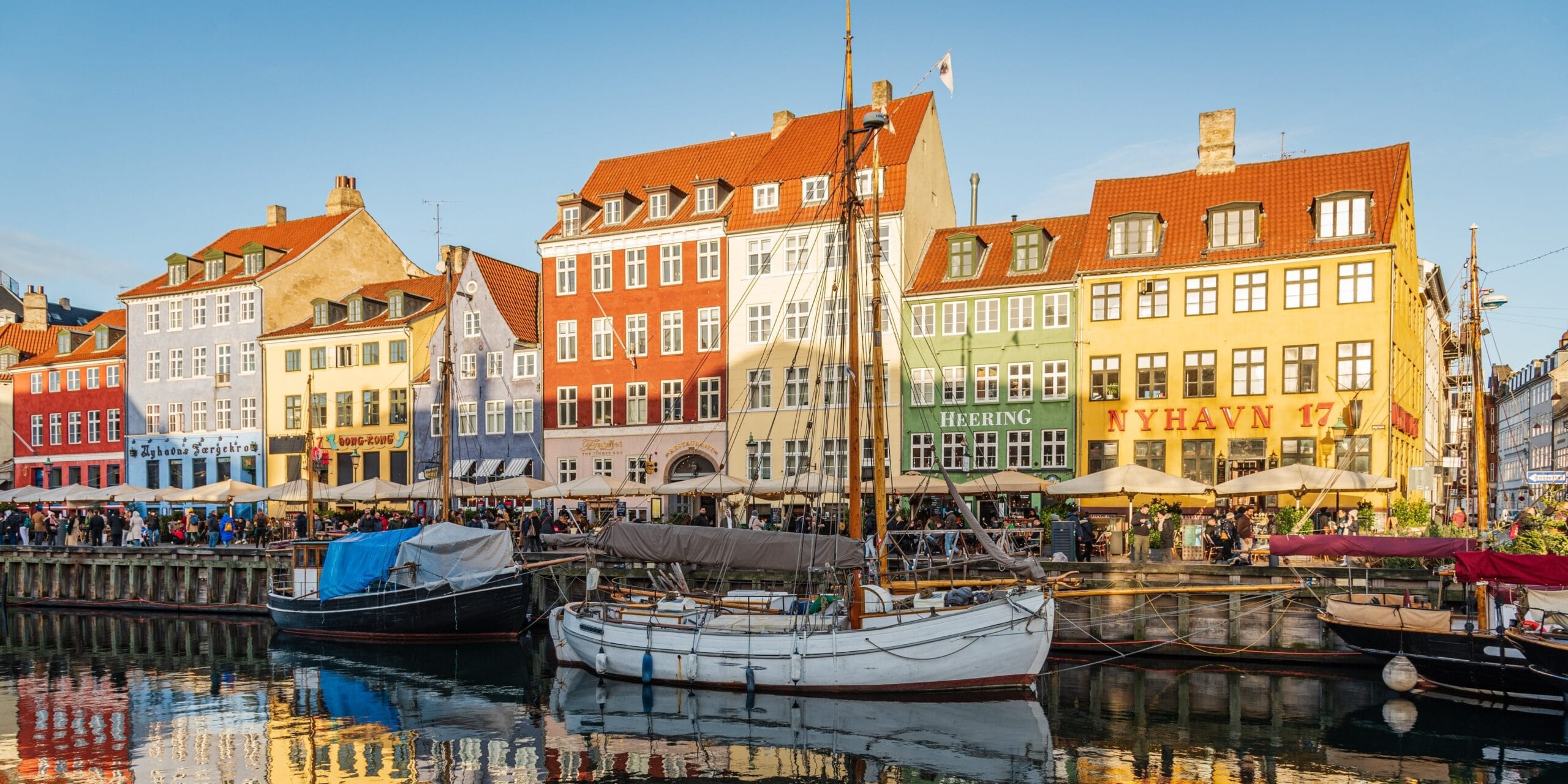
| Press Freedom Indicators | Score |
| Global | 89.6 |
| Political | 94.11 |
| Economic | 83.07 |
| Legislative | 88.82 |
| Sociocultural | 86.9 |
| Security | 95.09 |
In Denmark, traditional investigative journalism has benefited during the coronavirus crisis. It’s the result of a rising public interest, especially in healthcare-related topics. Like Norway, Danish reporters also enjoy higher levels of security and political freedom.
Danish politicians and institutions greatly respect press freedom. Danish journalists are highly accepted in Danish society, and they work freely. Also, they are usually not subject to any high-level threats.
The constitution states:
“Anyone is entitled to print, writing and speech to publish his or her thoughts, yet under responsibility to the courts. Censorship and other preventive measures can never again be introduced.”
3. Sweden
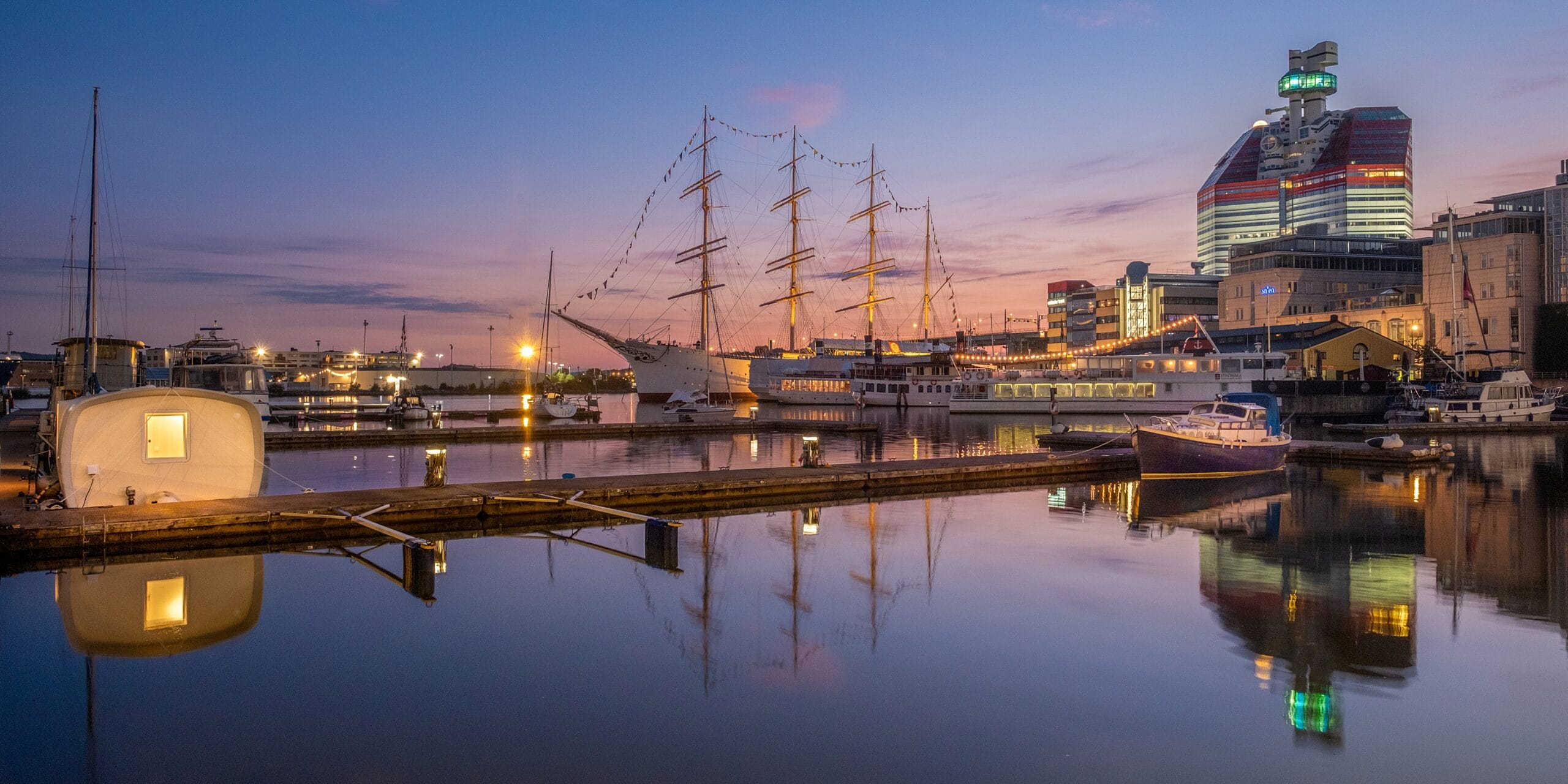
| Press Freedom Indicators | Score |
| Global | 88.32 |
| Political | 91.03 |
| Economic | 85.5 |
| Legislative | 90.16 |
| Sociocultural | 82.78 |
| Security | 92.12 |
Sweden is the first country in history to adopt a press freedom law, which is strongly connected to media independence. So, the Swedes scoring high in legislation is not a surprise at all. In Sweden, the media are not controlled by any political power. Media houses cannot be interfered with by personnel or groups from the executive and legislative branches of government.
According to RSF’s report, Sweden legally protects journalistic sources. The cornerstone of Swedish democracy is the principle of access to public information. These and more measures actively promote press freedom in Sweden.
4. Netherlands
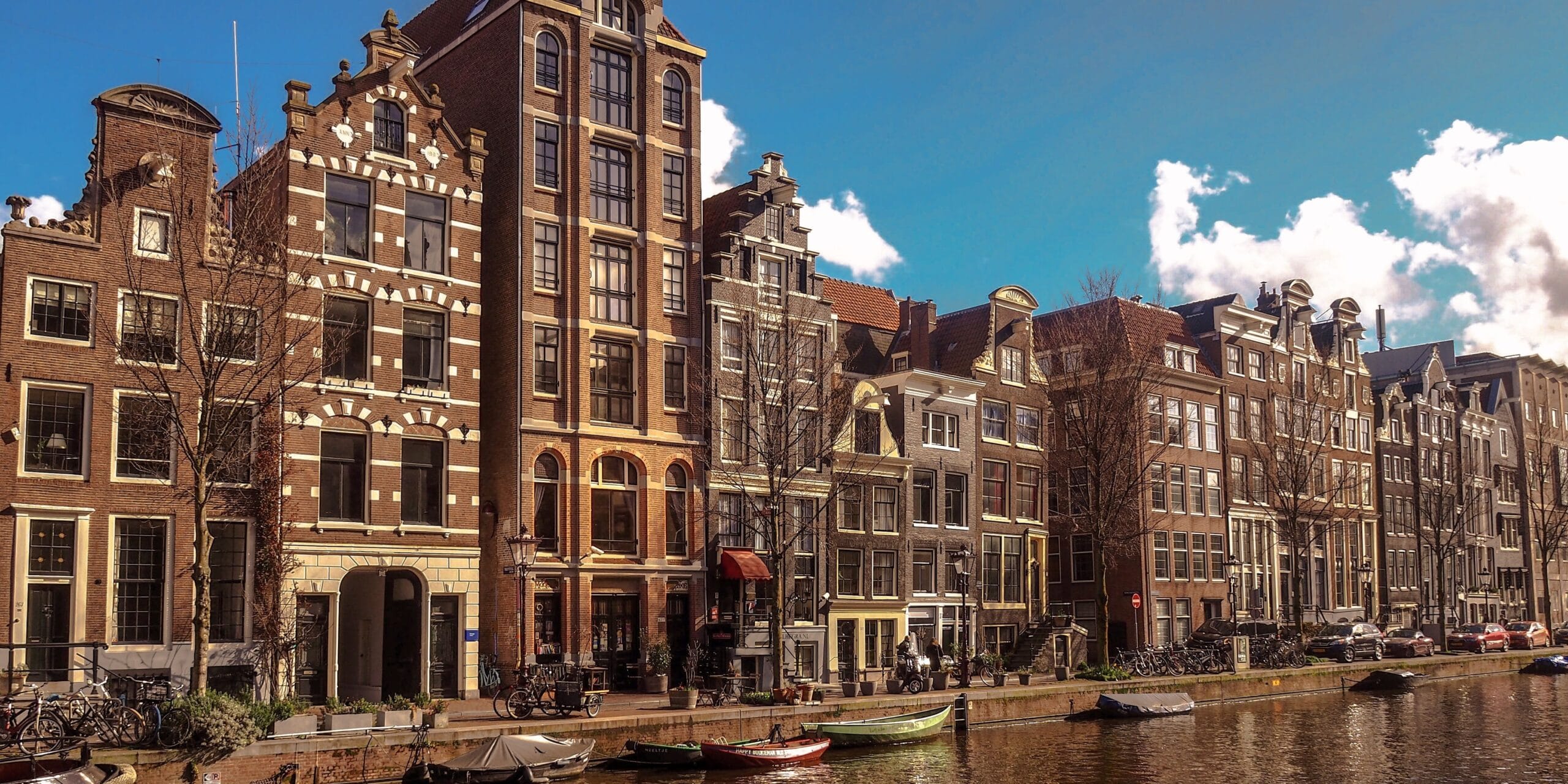
| Press Freedom Indicators | Score |
| Global | 87.73 |
| Political | 88.41 |
| Economic | 84.09 |
| Legislative | 87.59 |
| Sociocultural | 87.34 |
| Security | 91.23 |
RSF refers to the Netherlands’ society as one that values press freedom and the Dutch authorities as one that has developed a sophisticated system to protect journalists. The Dutch media are independent, and most people in the country trust their operations. The government of the Netherlands protects the media so much, with sophisticated systems, that any harm to the media comes as a shock.
5. Finland

| Press Freedom Indicators | Score |
| Global | 86.55 |
| Political | 89.05 |
| Economic | 80.9 |
| Legislative | 86.16 |
| Sociocultural | 84.52 |
| Security | 92.13 |
In 1766, Finland adopted a law that made censorship a crime under the law. This gave the media freedom in their operations and allowed them to enjoy constitutional guarantees. The Finnish government site says that its media market is “diverse and high quality” even though it has a small landmass and very few people speak Finnish.
Also, Finnish politicians cannot appoint or dismiss journalists, and people who try to tamper with content are strongly frowned upon in Finland.
6. Estonia
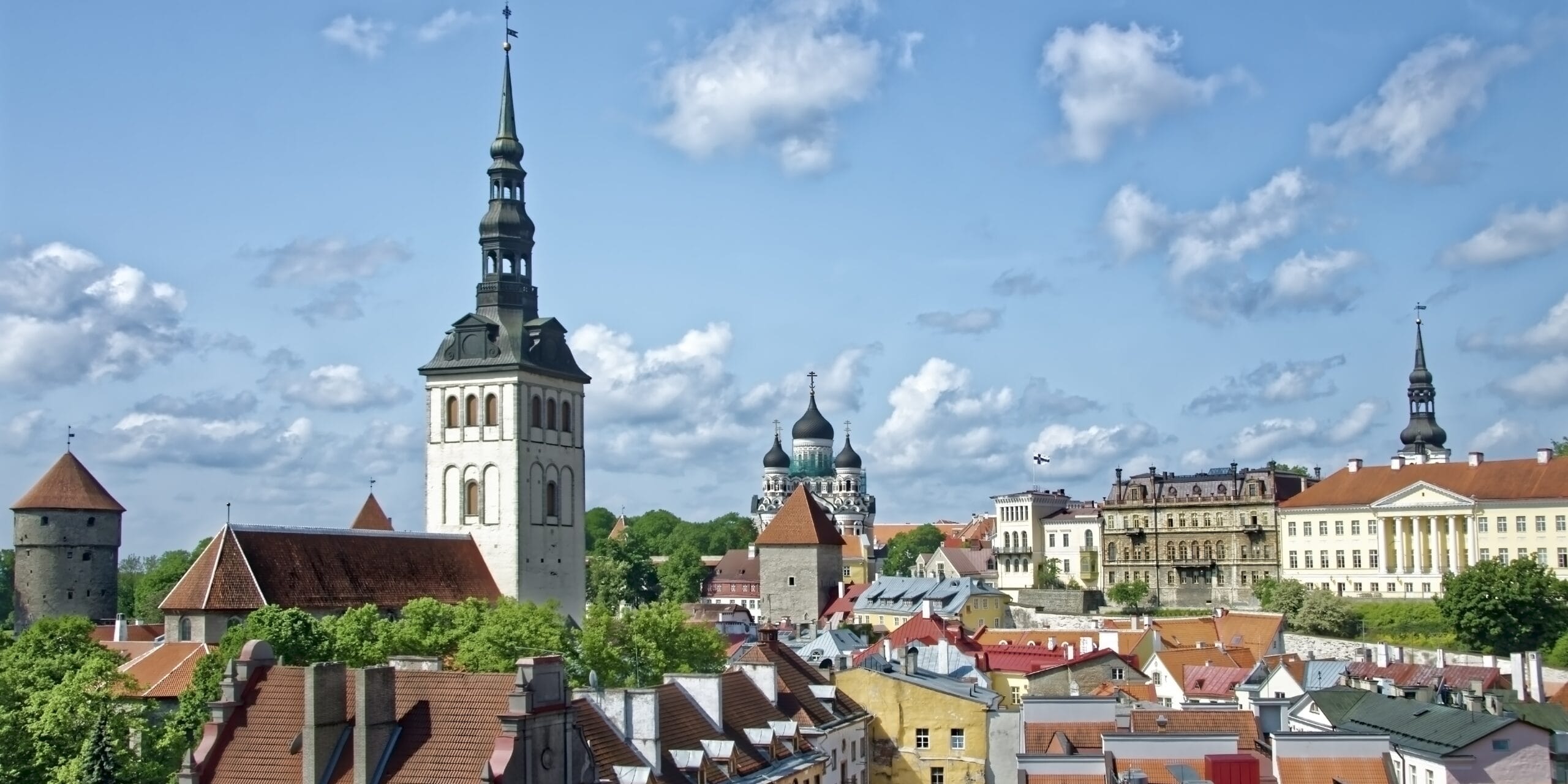
| Press Freedom Indicators | Score |
| Global | 86.44 |
| Political | 86.88 |
| Economic | 76.77 |
| Legislative | 83.65 |
| Sociocultural | 90 |
| Security | 94.88 |
Sixth on the list is Estonia, a beautiful countryside in Northern Europe. Although many Estonians accused the media of being complacent with the pharmaceutical companies and the authorities, the country still scores highly on the sociocultural indicator.
Their security score is also very high as it’s extremely rare for journalists to be physically harmed. However, like anywhere in the world, reporters and analysts do receive online threats in Estonia. The media outlets are serious about that and take protective measures. RSF predicts that cyberbullying could pose a self-censorship effect on journalists.
7. Portugal
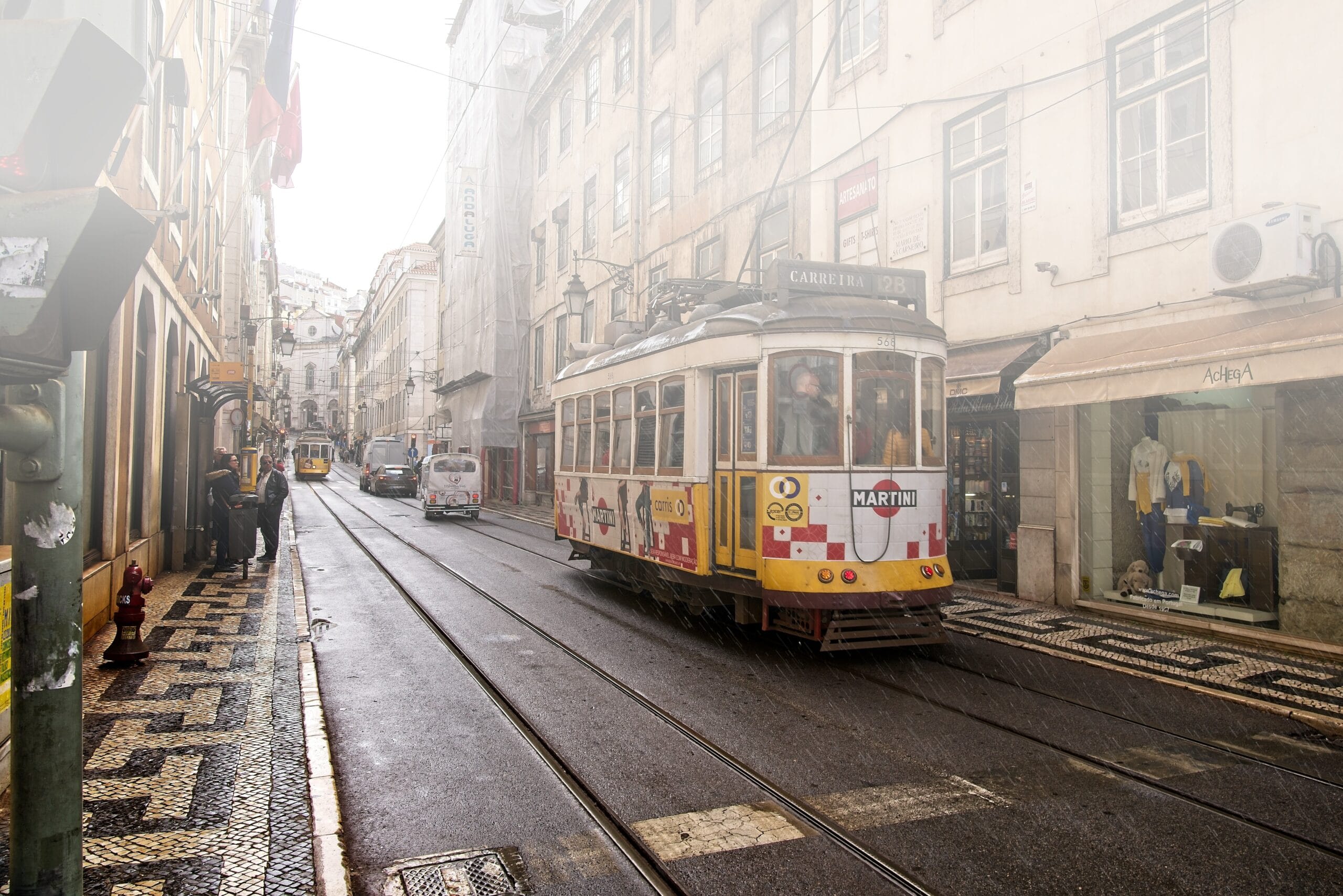
| Press Freedom Indicators | Score |
| Global | 85.9 |
| Political | 91.51 |
| Economic | 72.92 |
| Legislative | 83.79 |
| Sociocultural | 88.27 |
| Security | 93.03 |
Portugal has a very high standard for press freedom, with journalists being able to work without any limitations. Their government and political parties also respect the office of the media. The people of Portugal and Europe at large trust the Portuguese media.
The 2022 Reuters Digital News Report confirms that 61% of Portuguese people have trust in news they read or listen to. In Portugal, the constitution and national Press Law safeguard journalists in their daily reporting, the International Press Institute says.
8. Ireland
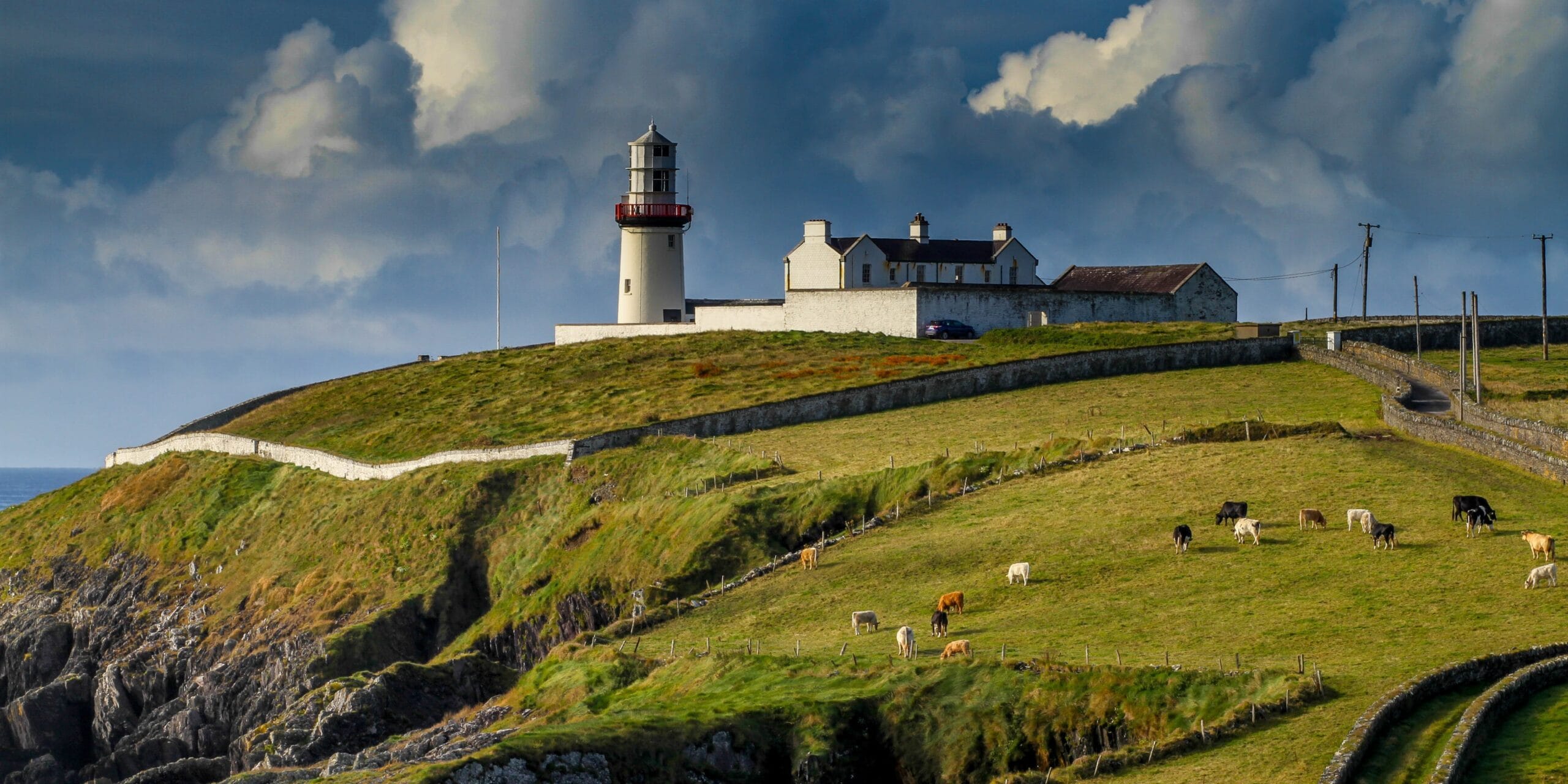
| Press Freedom Indicators | Score |
| Global | 85.59 |
| Political | 89.86 |
| Economic | 77 |
| Legislative | 80.45 |
| Sociocultural | 86.61 |
| Security | 94.05 |
Previously, media ownership was highly concentrated in Ireland, but recent adjustments have made pluralism progress in the country. The press of Ireland has experienced a very positive atmosphere, with media personnel being able to work freely without any interference whatsoever. BBC says that the Irish constitution allows the print and broadcast media to operate freely as long as they stay within legal bounds.
9. Switzerland
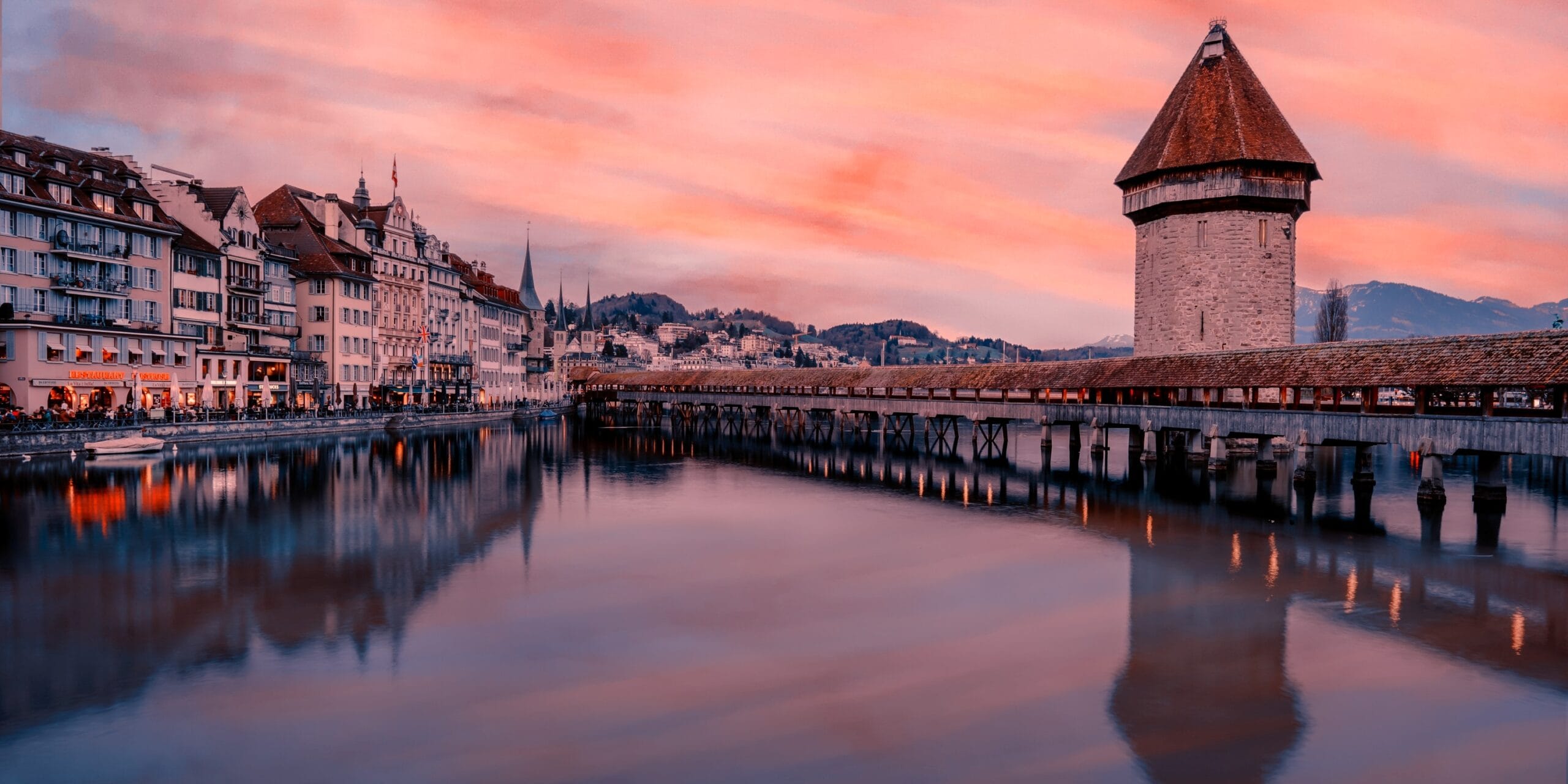
| Press Freedom Indicators | Score |
| Global | 84.01 |
| Political | 87.78 |
| Economic | 72.32 |
| Legislative | 78.85 |
| Sociocultural | 85.2 |
| Security | 95.92 |
The Swiss media environment is very safe and protective of reporters. The country supports the plurality of voices and opinions in media and the freedom of press. The Swiss confederation constitutionally protects freedom of press. The media can publish a wide range of opinions as long as they present accurate facts.
10. Germany
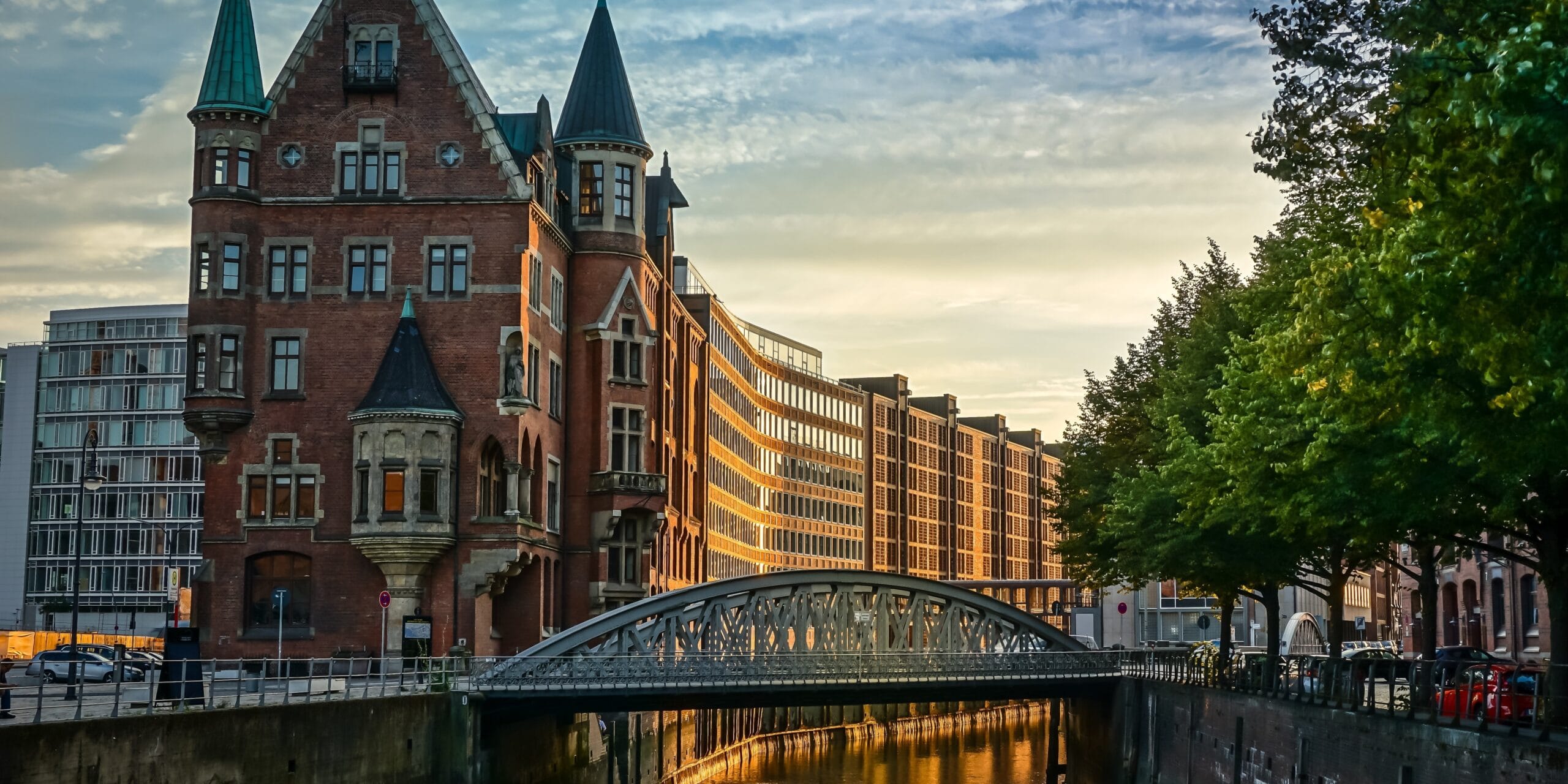
| Press Freedom Indicators | Score |
| Global | 83.84 |
| Political | 85.22 |
| Economic | 77.63 |
| Legislative | 84.69 |
| Sociocultural | 82.38 |
| Security | 89.29 |
Germany has a legal structure that favors the media. Politicians also accept the role of the media. Actually, most newspapers have an editorial line close to one of the political camps.
The government of Germany has laws to protect the independence of the media. The German press is free and they don’t hesitate in criticizing the government. RSF’s overview. “Journalists are free to cover any topic and to voice any opinion as long as they respect the constitution.”
What’s Common in These Countries With Freedom of Speech?
These ten countries where press freedom is most promoted have some qualities that they share:
- Legal Protection: They all have laws in place that safeguard the freedom of the press and their activities, laws that keep them from any interference, and some have laws that utterly separate the executive branch from the press.
- Transparency: The governments of these countries are open to the media, granting them access to public information and all that the public is expected to know.
- Low Censorship: Press in these countries have little to no interference from the government or other organizations.
- Journalistic Safety: Most of the top 10 press freedom countries ensure the media is safe and protected from attacks. Having low threats or attacks on the press.
Closing Thoughts
The importance of press freedom in promoting our democratic societies can’t be over-emphasized. We all need to play our roles in supporting the freedom of press in our various societies to have a more democratic environment and government of, by, and for the people. Your little actions matter—raise the banner of freedom with it!



